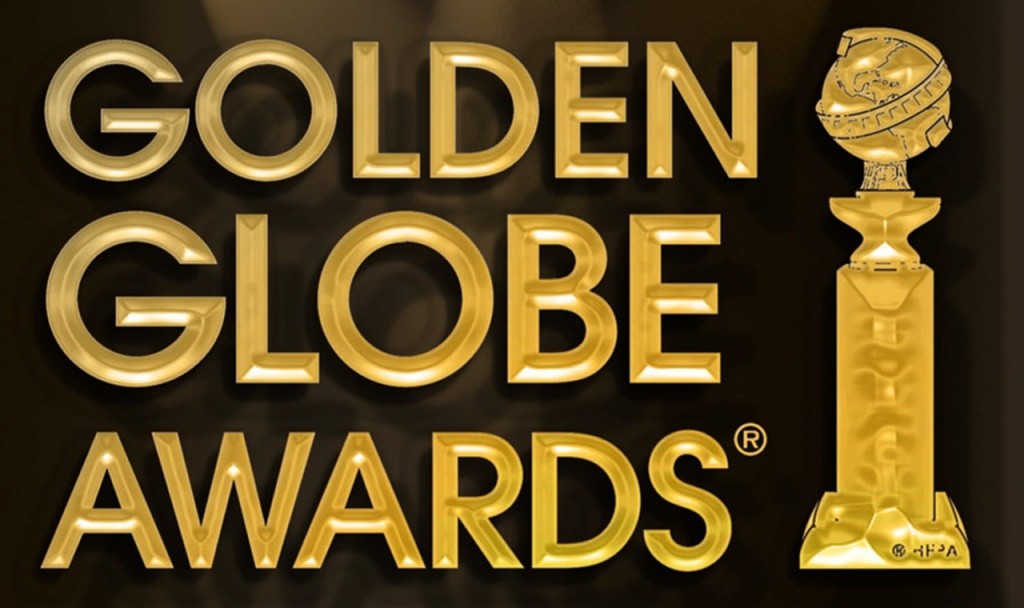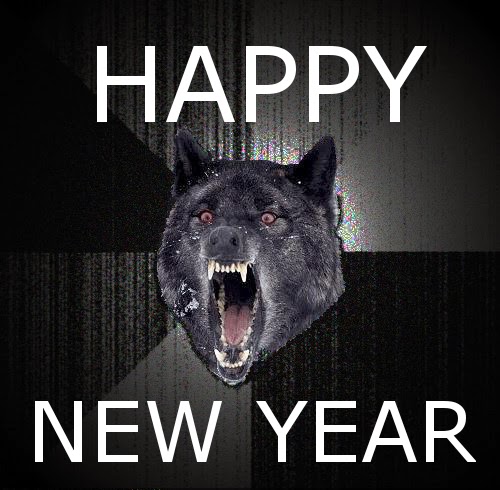
Image from MediaBistro.com
The entertainment industry is changing faster now than it ever has before. The last decade has seen an exponential change in how audiences consume content, where content is created, how content can be monetized, and what that means for the people who create all of this content. I see this from the perspective of the “working class” trenches: no development fund, need to maintain employment, still keeping up a hustle. For people like me (and there are a LOT of us) we have seen this change in a very real way for a long time and, as much as I hate to admit it, haven’t been as proactive as we probably should have been to be on the front of that wave.
Instead the younger set, those without the idea of “this is how things work” found their place. YouTubers are doing very well for themselves and Hollywood is taking notice, ready to monetize on their popularity. Fan films get national attention and have their own festival circuit. The biggest name in horror for the last seven years has been Paranormal Activity – a series that started with a movie made for about $11,000 in a dude’s house with After Effects.
For those with vision and a camera the future is open and ready…
…that being said, the old model is far from dead.
A lot of talk happened the Monday after the Golden Globes when Netflix and Amazon both walked away with coveted trophies about how the nature of television is changing and that the very business is already inexorably changed. And it is, but not completely. Not yet.
Here are two articles that, for me, were kind of the yin and yang of the future of the business, at least for the next few years especially in the context of wide public distribution, like television.
I’m a “new model” guy who’s ready for the wild west, but it’s hard to pass up the money that can come with “old model” companies.
What do you think? Comment below.
Like this:
Like Loading...


Op Ed: The Future of Entertainment
Image from MediaBistro.com
The entertainment industry is changing faster now than it ever has before. The last decade has seen an exponential change in how audiences consume content, where content is created, how content can be monetized, and what that means for the people who create all of this content. I see this from the perspective of the “working class” trenches: no development fund, need to maintain employment, still keeping up a hustle. For people like me (and there are a LOT of us) we have seen this change in a very real way for a long time and, as much as I hate to admit it, haven’t been as proactive as we probably should have been to be on the front of that wave.
Instead the younger set, those without the idea of “this is how things work” found their place. YouTubers are doing very well for themselves and Hollywood is taking notice, ready to monetize on their popularity. Fan films get national attention and have their own festival circuit. The biggest name in horror for the last seven years has been Paranormal Activity – a series that started with a movie made for about $11,000 in a dude’s house with After Effects.
For those with vision and a camera the future is open and ready…
…that being said, the old model is far from dead.
A lot of talk happened the Monday after the Golden Globes when Netflix and Amazon both walked away with coveted trophies about how the nature of television is changing and that the very business is already inexorably changed. And it is, but not completely. Not yet.
Here are two articles that, for me, were kind of the yin and yang of the future of the business, at least for the next few years especially in the context of wide public distribution, like television.
A Few Caveats About The New World Of Television from Monkey See from NPR
The Golden Globes Tell Us Everything About the Entertainment Industry in 2015 from IndieWire
I’m a “new model” guy who’s ready for the wild west, but it’s hard to pass up the money that can come with “old model” companies.
What do you think? Comment below.
Share this:
Like this:
Leave a Comment
Filed under actor stuff, Andelon, business, career, commentary, filmmaking, independent film, insight, internet, making movies, money, news, NPR, pop culture, producing, technology, television, the future, TV, working for a living, YouTube